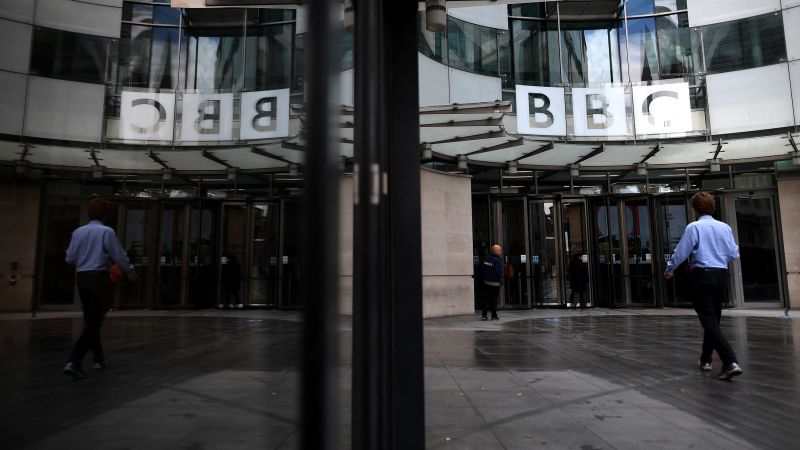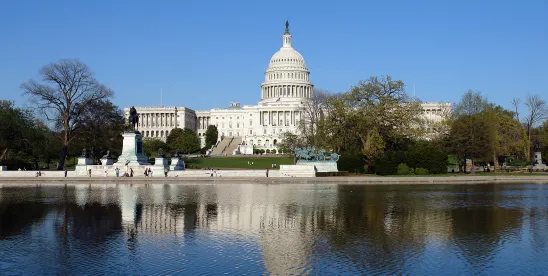The resignation of Tim Davie as Director-General of the BBC has sparked significant discussion about the challenges facing media leaders in 2025. Davie’s departure follows a series of controversies that have heightened scrutiny of the broadcaster’s editorial standards. His use of the term “febrile” in his resignation statement aptly captures the heated atmosphere surrounding the BBC.
The current political climate has intensified debates over the BBC’s role and coverage, particularly concerning a misleading edit in a documentary about Donald Trump. The edit, which was criticized for misrepresenting Trump’s remarks during the January 6, 2021, insurrection, has contributed to a broader narrative of perceived bias against the BBC. This situation has been further exacerbated by ongoing disputes over the BBC’s coverage of the conflict in Gaza, as well as criticisms from rival media outlets.
While the controversy over the Trump documentary might seem isolated, it reflects a larger context of political pressure on the BBC. The organization currently faces a review of its Royal Charter, the framework governing its funding and operations, which expires at the end of 2027. Under this charter, British households pay an annual license fee of £174.50 (approximately $230) to access BBC services. Critics, particularly from conservative circles, have argued that this fee structure is outdated in the age of streaming services.
In his resignation, Davie noted that he had been reflecting on the intense demands of his role during these tumultuous times. He emphasized that the BBC Board had fully supported him throughout his tenure, indicating that his departure was not a forced exit. Nevertheless, he acknowledged that the current debates surrounding BBC News and the organization’s editorial integrity were just part of the reasons for his resignation.
The BBC has grappled with accusations of bias for years, especially as it strives to maintain its commitment to impartiality. Earlier this year, the broadcaster faced backlash for its documentary “Gaza: How to Survive a Warzone,” which was removed from its platform due to concerns over editorial guidelines. Following this incident, Davie issued an apology, further highlighting the ongoing challenges the BBC faces in balancing its reporting with public expectations.
Commenting on the situation, Nick Robinson, a respected BBC Radio 4 host and former political editor, noted that there are genuine concerns about editorial mistakes and a concerted effort by some to undermine the BBC. He stated, “Both things are happening at the same time,” underscoring the complex dynamics at play.
The controversy ignited further following a report in The Telegraph on November 3, 2023, revealing internal discussions about the documentary edit. This report led to a wave of criticism towards the BBC, with Trump’s aides framing Davie’s resignation as a personal victory. Trump himself remarked on social media that the executives were “caught ‘doctoring’” his speech, although there is no evidence to suggest that Davie or his team were involved in the editing process.
The media landscape in the UK has become increasingly polarized, with some outlets labeling the BBC as “blatant propaganda.” White House Press Secretary Karoline Leavitt echoed these sentiments, further fueling the fire against the BBC. Leavitt’s comments, made just days before the resignations, reflect a growing sentiment among some political figures that the BBC has lost its journalistic integrity.
As the BBC navigates this challenging environment, its ability to maintain public trust and adhere to its founding principles of impartiality will be crucial. The implications of Davie’s resignation extend beyond the organization itself, touching on the broader discourse regarding media credibility and accountability in an era defined by rapid information dissemination and political polarization.







